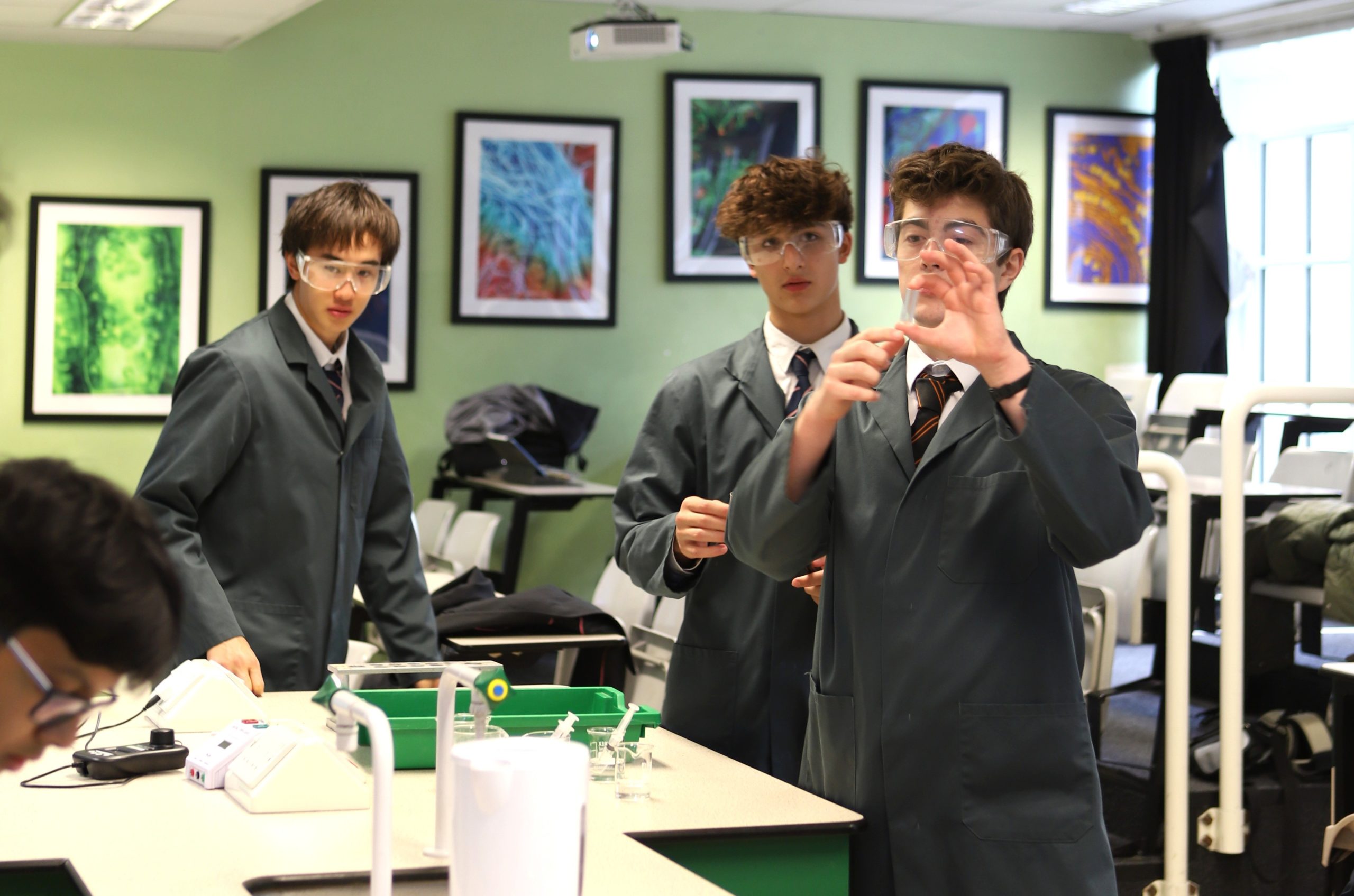In the Fifth Form (Year 9), pupils have one double Biology lesson per week, which often involves practical work. For example, pupils work with flat worms to observe their regeneration when studying stem cells, and they utilise meal worms and germinating seeds when exploring the chemical process of respiration. Weekly prep compliments concepts introduced in practical lessons, enabling those who are so inclined to explore much further. Topics studied include: microscopy, cells, biological molecules, transport across cell membranes, respiration, gas exchange and photosynthesis.
In the Lower Shell (Year 10), pupils have one double and one single Biology lesson per week, with doubles often involving practical work. For example, pupils induce pollen grain growth when exploring sexual reproduction in flowering plants and dissect barn owl pellets when studying energy transfer between organisms. The single lesson enables deeper exploration of concepts and again is complimented by a weekly prep that allows pupils to reach far and wide. Topics studied include: reproduction in flowering plants, transport in plants and humans, human nutrition and digestion, microorganisms and food production, ecology, reproduction in humans.
Upper Shell (Year 11) pupils have one double and two single Biology lessons per week. The entire first term is given over to the concepts of genes, inheritance, evolution and gene technology. During the second term pupils explore pathogens, the function of the human immune system, the human nervous system and a variety of homeostatic mechanisms. A weekly prep provides an opportunity for pupils to explore concepts in more depth before eventually giving way to public examination preparation.

